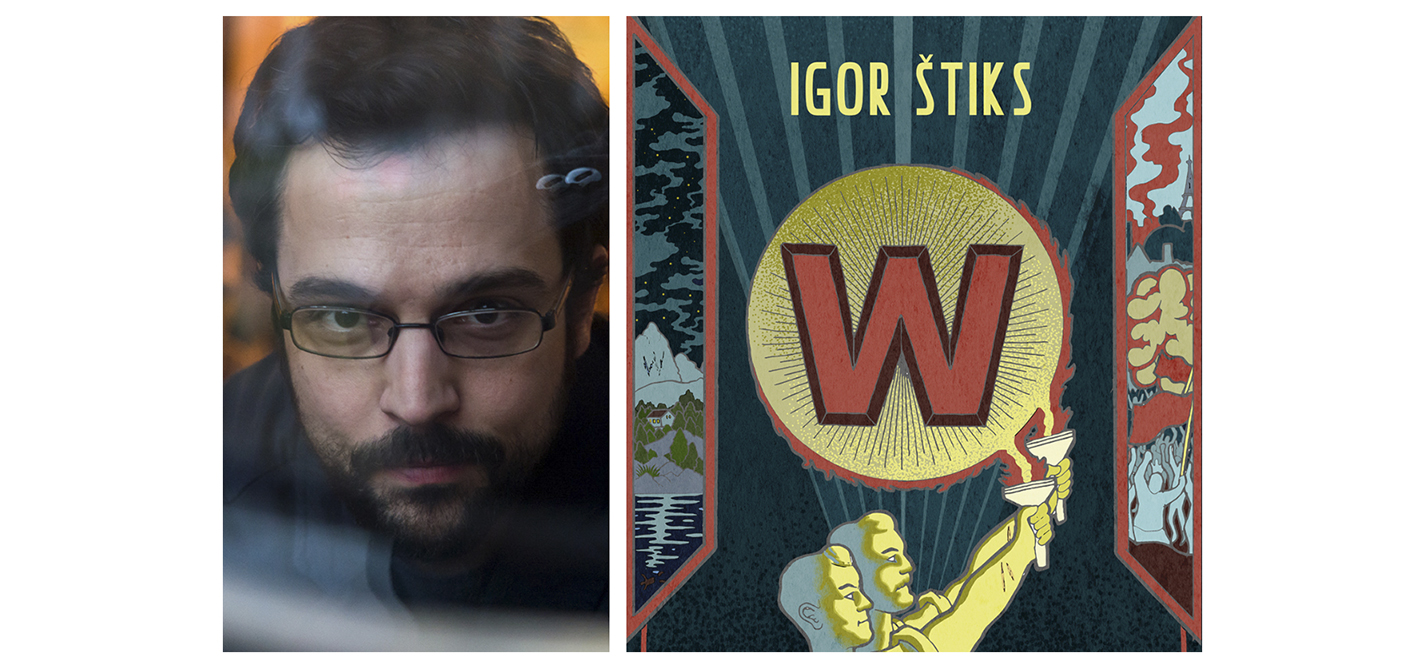
Looking for the left
“W” by Igor Štiks, publishing house Fraktura, Zagreb, 2019.
|03.03.2020
|
Walter's life as a zealous leftist in his youth, and then that of a conservative, leads the reader into a dizzying journey through Europe.
This novel may be understood as an illustrative adventure through dawn, noon and night of the leftist movement and communism in Europe.
Without any doubt, "W" is an exceptionally balanced novel in a stylistic sense, written with a very precise plan. Therefore, it isn't lagging behind the more recent European contemporary prose.

Đorđe Krajišnik
Đorđe Krajišnik is a literary critic and a journalist at the Oslobođenje daily newspaper and the Dani magazine. In October 2017, he worked as a resident for the Berlin daily Der Tagesspiegel. His literary critiques and other texts have been published in magazines and on websites across the Yugosphere. His publications have been translated into English, German and Albanian. He reviewed and edited several books. Currently, he is working on his first fiction book that will be published soon, should the Muses be in his favor.
This story was originally written in Serbian.